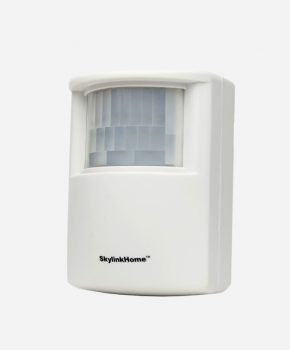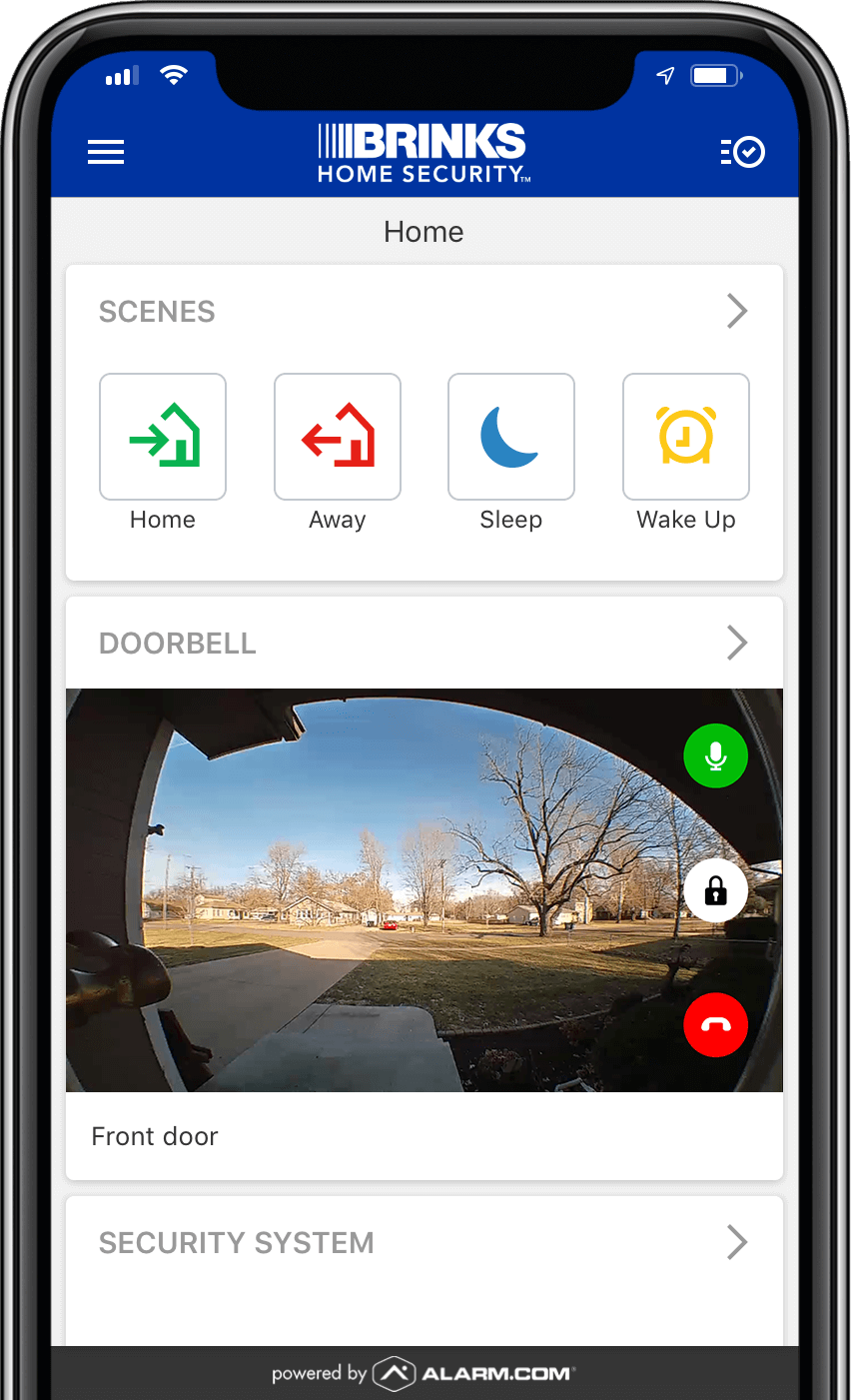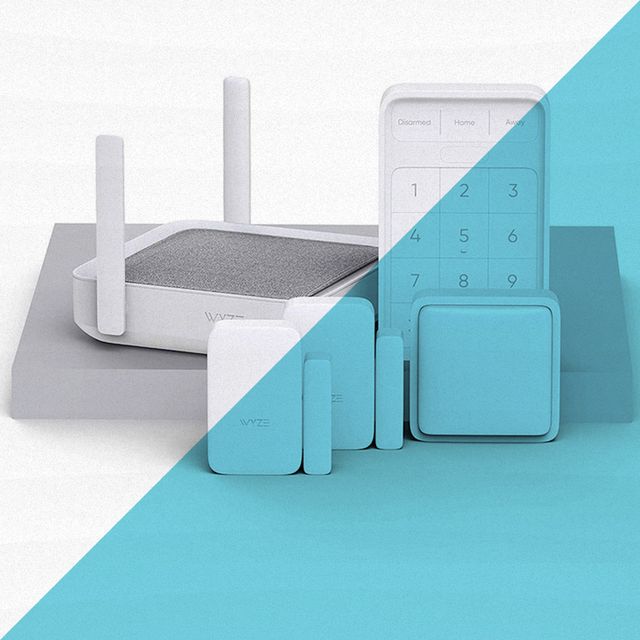
An alarm system for a business is the best first defense against any type of commercial establishment. It can be used in an office building, a warehouse, or even a hotel. These systems contain a number of sensors and cameras that detect and record unforeseeable events. Security professionals monitor the footage and make split second decisions on whether to flag a crime as false alarms or notify local authorities.
Commercial burglar alarms can help businesses stay safe by detecting breaks-in at the moment they happen. The systems are comprised of wireless sensors and cameras that monitor traffic entering and leaving a building. The cameras and readers can be placed in high-traffic areas, such as entrances or parking lots, to deter break-ins.
The best alarms to use in a business are those which can be integrated into other security technologies. These include access control and video surveillance. This way, a firm can get the complete level of protection it needs from one single system.

It is important to select a provider who knows how to install an alarm system and can explain the cost involved. Finding out the costs of updates and maintenance is important so that you do not spend excessively on extras.
You may need different security systems based on the size of you business. For example, if your business has a large space, it may be worth looking into a solution that combines multiple door and windows sensors, motion detection, and security camera. It will also save you money in terms of installation and ongoing maintenance.
ADT stands out as one of the most trusted providers of security systems for businesses because of its reliability and friendly customer service. The company provides affordable security solutions for business security, building automation, and environmental monitoring. Also, they offer Wi-Fi and cellular backups to help protect your home.
SimpliSafe is another great option for small businesses and stores. They have all the basic equipment that you will need to secure a shop, and they also offer a free application which lets you monitor your security camera on the move. There are also a number of sensors such as glass break detectors and entry sensors that you can arm and disarm remotely.

The best business security system comes from a reputable company that can provide 24/7 professional monitoring and dependable equipment. You should be able get financing options from the company if you have to pay your security system up front. Or, you can choose to design your own system using a variety of options.
Vivint is the ideal security system for small businesses, thanks to its affordability, customization options, and professional installation. Cameras from the company are equipped with light and sound deterrents that prevent theft and automatically begin recording when they detect motion. Smart Drive is a storage box which can hold up to 30 consecutive days of footage. This allows you to easily view previous recordings.
FAQ
Are there any real reasons to have a home alarm system?
If you own a home, you definitely need a home security system. A burglar could break into your houseat any time without warning. They'll take anything they want, including expensive electronics and jewelry. They could even walk off with all your possessions if you don't lock your doors.
Home security systems can help protect your home by notifying you when something happens. This includes motion detection, sending alerts via your mobile device, recording activity and allowing you access to the footage.
A DIY camera is a great alternative to a full-blown home security system. These cameras let you see who is at your door and give you notification when they come or go. But they won't help you stop intruders from breaking into your home.
Which home security systems has the greatest number of features?
Ring Video Doorbell Pro boasts the most features among all of the home security systems we evaluated. It allows you to see who is at the door, chat with them, and even record videos. It also includes a free cloud storage to store any recordings.
What are the differences between home security systems?
You need to think about the potential threats that your area faces. For example, if there's a lot of crime in your neighborhood, then you might want an alarm that will sound when someone enters your property. You might not need as many security measures if you live in a rural location with few burglaries.
Consider whether you are prepared to pay more for advanced features. Some systems include cameras built in, while others do not. Some systems allow you to remotely monitor your home, while others require that you be present to view the footage.
Statistics
- Cove sets you free without punishing penalties and fees, unlike other security solutions that charge 75% to 100% of your remaining contract. (safewise.com)
- Most home security companies will charge you around 75% of the remaining term of your contract if you cancel early—and some require 100%.Related questionsWhat type of contract length can I expect from security providers?Home security system cancellation (safewise.com)
- Most home security companies will charge you around 75% of the remaining term of your contract if you cancel early—and some require 100%.Related questionsWhat type of contract length can I expect from security providers?Home security system cancellation (safewise.com)
- Unlike other online safety services that charge up to 100 percent of your monthly fee, Cove charges no upfront fees and has no hidden costs.
External Links
How To
How to Install a Smart Home Wireless Security System
How to install a smart security system for your home
First, decide which type of security you need for your home. There are many security options, such as door locks and motion sensors, keypads, cameras or alarm systems. The most common security system types include:
-
Door Locks: If you only want to prevent anyone from entering your home without you permission, then this option is for you. You have two choices: deadbolt or lever locks. They are simpler than the traditional deadbolt lock.
-
Motion Sensors - Another great way to manage who enters your house. It acts like a normal light switch. However, it will turn on and off when there is movement near it. Some motion sensors are equipped with a built-in camera, which sends images back to the phone when it detects movement.
-
Keypad – A keypad allows remote code entry. For example, if you leave your keys inside your car and forget them, you can use a keypad to open your garage.
-
Cameras: Most people think cameras are surveillance devices. However, there are other uses for cameras. You could place a camera outside your home and monitor it through your smartphone. You could also set the camera to take photos every few mins and save them locally (on a computer). These photos can then be viewed later, whenever you like.
-
Alarm Systems - An alarm system is used to alert you when something happens. Alarm systems usually send out an alert to your email address or phone. When you receive the notification, you can view the recorded footage and see exactly what happened.
-
Smoke Detectors. Although smoke detectors are not required in all homes, many should. These are inexpensive and easy to install.
-
Flood Detectors- Flooding poses a major threat to property owners. In fact, flooding is responsible for more damage than any other natural disaster. Flood detectors are therefore essential in protecting against this threat.
-
Carbon Monoxide Detectors- A carbon monoxide detector is an important safety device that is often overlooked. This gas is extremely dangerous because it is colorless and odorless. Installing a CO detector is essential to protect yourself and your family.
-
Water Leak Detectors - One of the worst things that can happen to a homeowner is water damage. Many people don’t realize how to check for water leaks until it’s too late. This is why leak detectors make a great addition for any property.
-
Burglar Bars- Burglars will not enter houses that are unoccupied. To deter potential thieves, you can add burglar bars to your windows and doors.